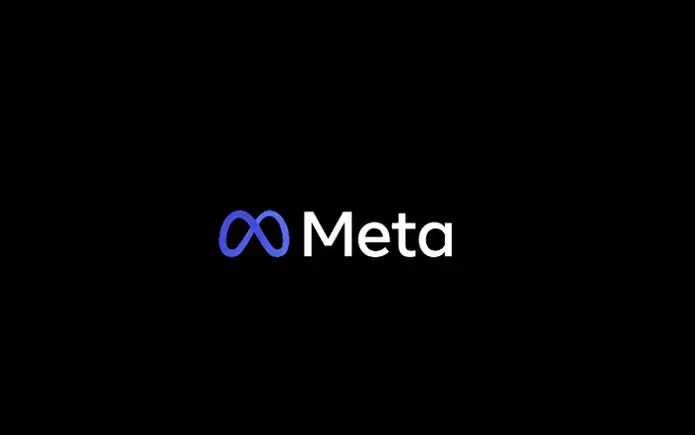As Donald Trump embarks on his second term in the White House, the ripple effect of his administration is inevitably reshaping corporate landscapes across various sectors, particularly in technology. Meta, the tech giant once known as Facebook, is no exception. The company has recently appointed three new board members: John Elkann, CEO of Exor; investor Charlie Songhurst; and Dana White, President of the UFC. In light of these appointments, especially the inclusion of Dana White, a known ally of Trump, it seems that Meta is strategically repositioning itself to align more closely with the incoming administration.
Dana White’s addition to the Meta board is potentially significant, considering his strong support for Trump and active participation in Republican circles. Having spoken at the Republican National Convention and publicly endorsed Trump during his prior campaigns, White exemplifies the type of player Meta seems eager to engage as it navigates the politically charged atmosphere of a Trump-led Washington. This move can be interpreted as an attempt to mitigate any future conflicts with the White House, particularly given Trump’s past threats against Meta’s CEO Mark Zuckerberg.
Meta’s board reshuffling indicates a broader strategy beyond mere optics. The replacement of Nick Clegg, who previously led public affairs during a time when Trump faced scrutiny from Meta, with Joel Kaplan, a Republican voice, underscores an organizational pivot towards a more collaborative approach with the new administration. This could ultimately reshape how Meta engages politically, particularly revolving around issues such as content moderation and free speech on its platforms.
Historically, Meta has leaned towards limiting political discourse within its platforms, advocating for a less divisive online environment. However, with influential pro-Trump figures now in advisory positions, it appears that the corporation is reevaluating its stance. Removing restrictions on political content could be a plausible outcome, which would pave the way for a resurgence of politically charged dialogue across its platforms. This shift could be beneficial for user engagement, especially on platforms like Threads and Instagram, which have struggled to thrive under the constraints of limited political content.
As Meta has already experienced, limiting political expression led to a notable decline in user interaction, especially when considering the importance of real-time updates in an increasingly impatient digital landscape. As the political landscape evolves, Meta’s new conservative influences might encourage the platform to embrace political content rather than shun it. The potential loosening of restrictions could result in reviving discussions that previously drove significant engagement and attention, fostering a more vibrant community on its platforms.
The implications of this strategic shift are multifaceted. First and foremost, the expansive reach of Meta’s platforms—boasting over 3 billion users—grants it substantial influence in political dialogue. In contrast to X (formerly Twitter), which has seen waning user engagement in recent years, Meta’s vast ecosystem presents it as a formidable player in shaping public opinion. A more permissive approach to political content may allow Meta to dominate digital political discourse, especially in an election cycle where many rely on social media for news and information.
However, navigating this landscape is not without risks. Trump’s previous presidency was marked by high-profile controversies, frequently prompting Facebook to impose penalties due to the inflammatory nature of his remarks. As a result, balancing free expression with the responsibilities of content moderation will require careful consideration. The ultimate question remains: can Meta leverage political content in a way that enhances engagement without exacerbating divisiveness within its platforms?
The incorporation of pro-Trump board members may not only be about appeasing political allies but also about strategic positioning in the marketplace. As Trump consolidates power, retaining a symmetrical relationship with him could open doors for Meta in terms of policy negotiations and potentially even regulatory challenges. Zuckerberg’s desire to smooth over differences with Trump could represent a larger business strategy aimed at mitigating the existential threats posed by governmental scrutiny.
Moreover, with Trump aligning himself with Truth Social for his media communications, the landscape has shifted. The need for Meta’s moderation could diminish, potentially altering the dynamics of engagement decision-making. Emphasizing the importance of relationships within the political sphere could allow Meta to sidestep contentious moderation issues while still maintaining a foothold in political conversations.
Meta’s approach following Trump’s re-election encapsulates a confluence of strategic foresight and adaptive business acumen. Whether these moves lead to meaningful changes in user engagement and political discourse will depend on how well the company can navigate a complex and volatile political landscape in the years to come.


Leave a Reply